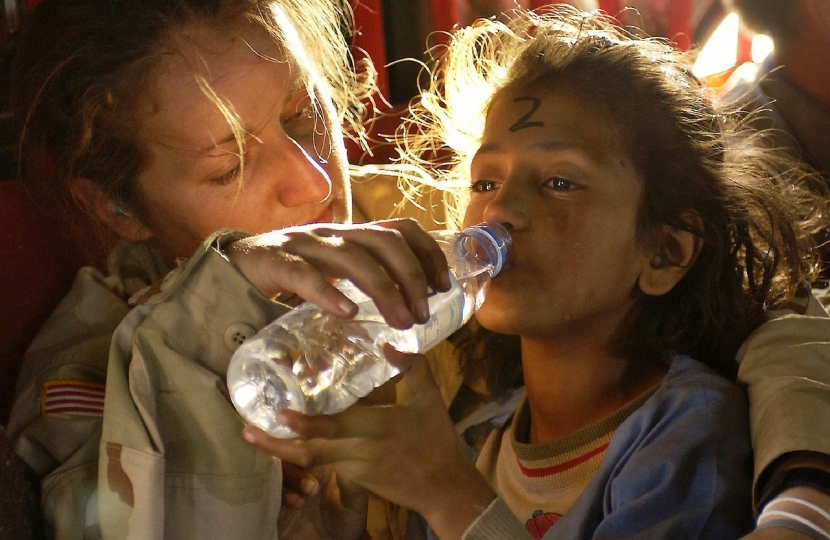
Firstly, I want to set out that I fully support the Government in their commitment in ensuring that unaccompanied children who are seeking protection in an EU Member State can continue to be reunited with specified family members who are in the UK, as well as children in the UK with family in the European Union.
The UK is doing more than most EU countries in this area. The UK had the third-highest intake of all asylum claims from unaccompanied children in the EU. Further to this, the UK has granted protection to around 41,000 children since 2010 and over 7,500 children during 2019 alone. The UK’s Vulnerable Persons Resettlement Scheme has resettled over 18,000 people since 2014, half of whom are children.
The UK Government remains committed to relocating the specified 480 unaccompanied children to the UK under section 67 of the Immigration Act 2016, also known as ‘the Dubs Amendment’, as soon as possible. Section 67 is not about family reunification. Delivering section 67 is not affected by the change being proposed in the Withdrawal Agreement Bill nor by our exit from the EU.
Furthermore, the new clause 37 in the EU Withdrawal Agreement is predominantly about clarifying the role of Government and Parliament in negotiations. The statutory obligation to negotiate is removed by this amendment, thus allowing the traditional division between Government and Parliament to be restored. This allows the UK Government to be flexible across all policy areas during the negotiations.
A statutory obligation to negotiate with the EU does not ensure an agreement is reached, as it still requires UK as well as EU agreement at a time of complex negotiations. The new clause instead requires the Government to make a statement to Parliament on its policy regarding any future arrangements between the UK and the EU that concerns family reunification for unaccompanied children.
Rest assured that the Government has already made efforts to begin negotiations on this issue, with the Home Secretary writing to the European Commission on 22nd October 2019 inviting the EU to begin discussions. The UK will continue to champion international protection for the most vulnerable. The new global resettlement scheme will begin later this year and commits to resettling 5,000 of the worlds most vulnerable refugees in the schemes first year alone. Like the UK’s Vulnerable Persons Resettlement Scheme, it is expected that half of this number will be children. I am pleased to say that this new programme will broaden the geographical focus beyond the Middle East and North Africa, allowing the UK to offer truly global protection to the most vulnerable.
